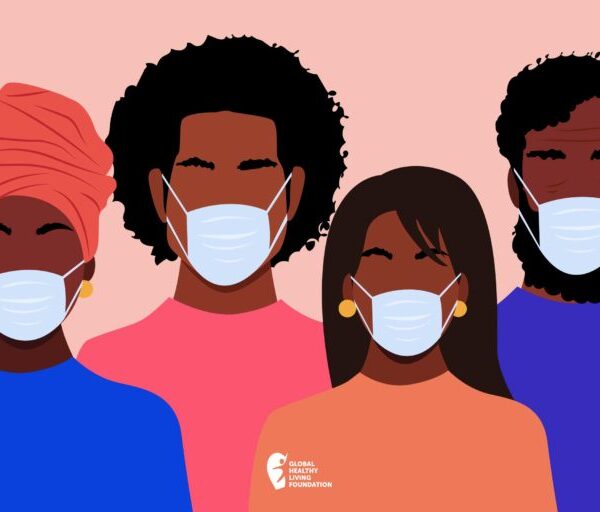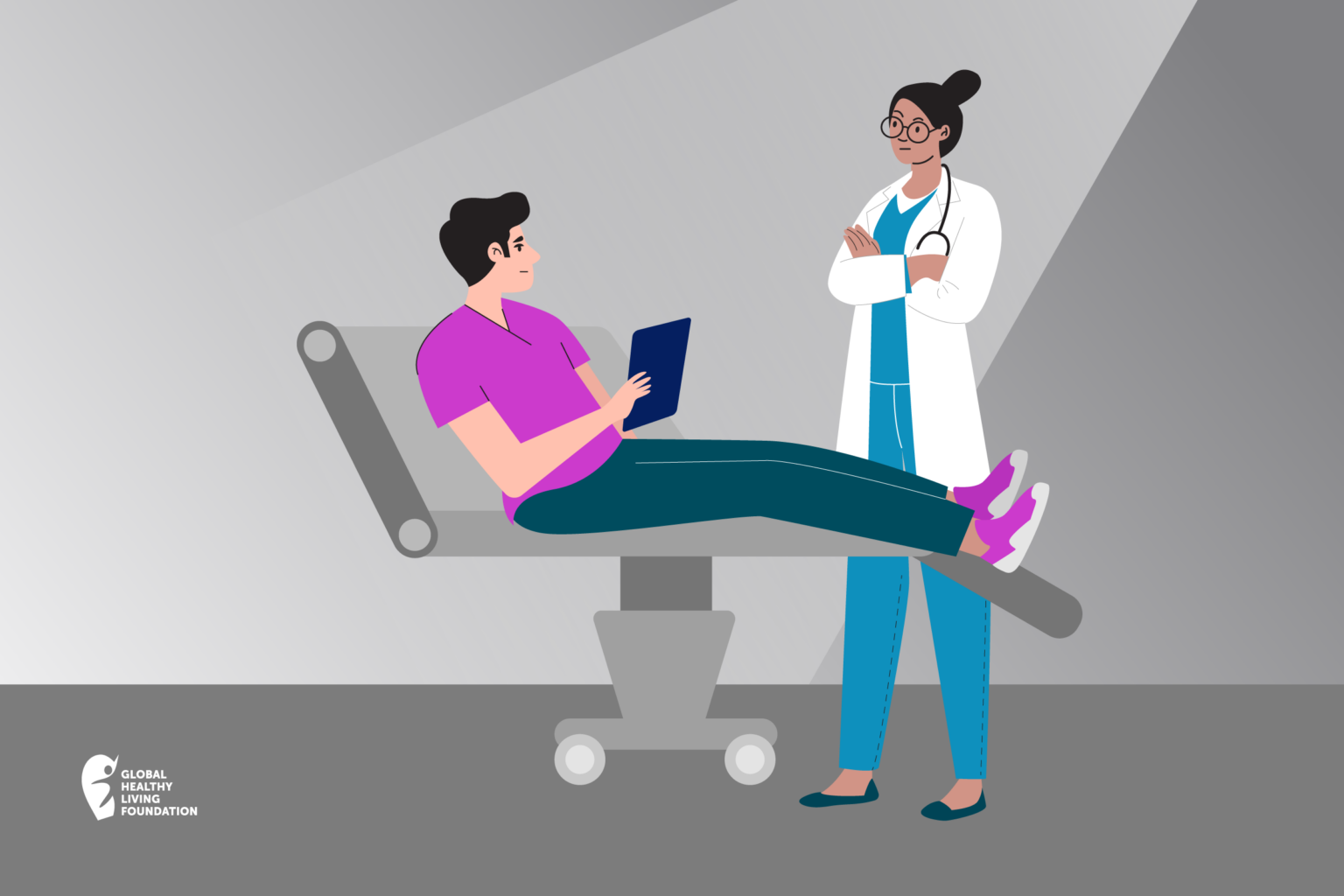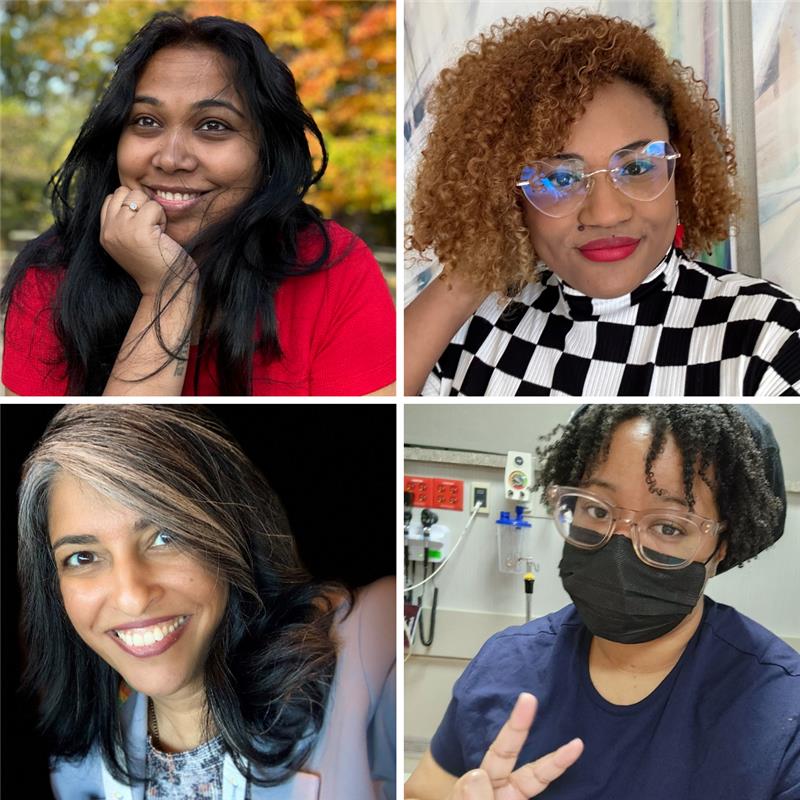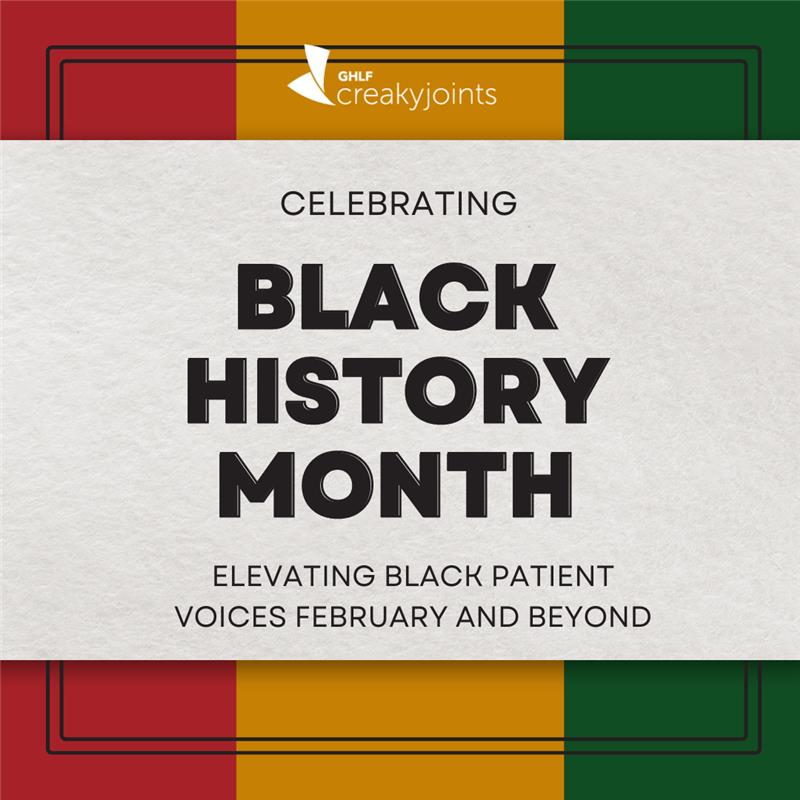50-State Network 2024 Impact
ARE PEOPLE ARE DYING FROM COVID-19 BECAUSE THEY ARE BLACK IN AMERICA? AN AFRICAN-AMERICAN CANCER SURVIVOR SPEAKS OUT
ARE PEOPLE ARE DYING FROM COVID-19 BECAUSE THEY ARE BLACK IN AMERICA? AN AFRICAN-AMERICAN CANCER SURVIVOR SPEAKS OUT
April 23, 2020
Tinu Abayomi-Paul

Learn more about our FREE COVID-19 Patient Support Program for chronic illness patients and their loved ones.
Let’s start with the numbers — why not? Around the U.S., African-Americans account for around one in three known cases of COVID-19, even though we comprise only around 13 percent of the population. When you go deeper and look at specific areas, it’s even worse. In Dekalb County in Georgia —the metro Atlanta area — the top five zip codes for known cases of COVID-19 are areas with the highest concentration of African-Americans, NPR recently reported. Earlier this month, the New York Times revealed that the coronavirus is killing black and Latino people in New York City at twice the rate of white people. In Chicago and Louisiana, African-Americans account for about 70 percent of coronavirus deaths but make up just 30 percent of the population.
Putting it plainly, we are dying the most. The rate of COVID-19 deaths among black people dwarfs the death rate for other communities.
But I want to move past the numbers, as awful and sobering as they are.
First of all, we’re human people. It’s a fact that always seems to get lost in these discussions. If others remembered that, we wouldn’t be talking about this, signing petitions, writing articles and letters, or having this problem to start with — we’d be in the middle of fixing the problem.
Because who sees this happening to their fellow humans and just looks away? Or makes excuses?
Second, this virus has exposed inequality in our health care system and in our society that is staring us in the face in the middle of a worldwide crisis. It should be impossible to ignore. It has shown how this unequal system can hurt all of us.
Third — and this is most important — we have a unique chance to show once and for all whether this is inevitable or fixable. I wouldn’t be writing this if I didn’t hope for the latter.
Staring down this issue raises some uneasy questions. We’ve long known that health care disparities have existed along racial lines. But the COVID-19 pandemic is shining a spotlight on it. I believe it is giving us all a chance to pay attention to these questions. They need answers. Ignoring them or sending good vibes, or thoughts and prayers, isn’t going to fix anything. (If you don’t believe me, try paying a bill with thoughts and prayers. Let me know how it works out.)
And yes, some of these are terrible questions, ones that no one wants to spend time thinking about. Yet, ignoring them won’t make them go away.
The Terrible Questions
Is it possible that some people in African-American communities were less careful with social distancing behaviors because of early rumors and misinformation that the coronavirus didn’t affect our community? If so, who started this rumor? Why did get more traction than the other rumor that always comes up — that xyz virus was created in a lab to target certain populations?
Why isn’t this of more concern to people who want to stop the virus from spreading?
Are we dying more because more of us are fast food workers, grocery cashiers, caregivers, nurses and other health care workers, disabled, working class, and working poor? Is it because we take subways and on public transportation more?
We’ve got to revisit community spread. If we’re the working poor and middle class essential workers, that means we’re coming into contact with more potentially infected people. We tend to be the ones doing inventory in the grocery store. We’re often the people at the register, serving food, handing over Starbucks orders, greeting you at Walmart.
What happens when we all get sick or die out?
And then there’s the terrible question of why didn’t any anybody wants to talk to us before?
Because we in the black community have been screaming this for decades. For centuries, for that matter.
Breaking It Down Further
We need to look at sub-populations within the black community and address those needs too.
Women have been talking about how we’re not taking seriously when we have pain.
Disabled and chronically ill people have been talking about how long it takes to get a diagnosis. We have underlying health conditions. They’re not caught in time and this complicates our health care.
Poor people talk about how we can’t go to the doctor on a regular basis because we don’t have the money for copays or we just plain can’t afford decent care.
We Need a Serious, Close Look at Our Health Care System
We have needed this for a while. The Affordable Care Act was a step in the right direction but we need something better. Think about this: Certain states are not going to accept the Medicaid option and continue to dismantle it, even in these perilous times when your grocery worker not being able to afford a doctor might kill you.
We need to look at how and why our health care system has failed, and continues to fail, our communities. What could have been done to prevent this? We can we prevent in the future?
We need to make sure people don’t die simply because they are black. In America. In 2020.
Sign the Letter
I and other patient leaders worked with the Global Healthy Living Foundation to develop a sign-on letter about COVID-19 health disparities. I believe is important for to sign for anyone who is concerned about how COVID-19 is being handled, for any reason.
Everyone should want to sign this letter.
If you are convinced these disparities are NOT because people are black in America, here’s your chance to demand we find out the real reason and fix it.
If you are convinced these disparities ARE because they were Black in America, here’s your chance to demand we find out the real reason and fix it.
Why I Signed It
I didn’t ever used to sign letters or online petitions. I’d wonder how effective they were, who they would go to, if they would be read. In my early days as an activist, we were working with paper, so you could physically see that the impact of getting this huge packet with thousands of names was going to be intimidating.
I would doubt whether they’d have a similar presence delivered by email.
But then President Obama’s administration added an online petitioning element to the White House website, which went directly to them, and they took them seriously.
And it made me rethink many aspects of online activism. The highest office in the land was using those tools to listen to its constituents. Maybe online activism is powerful than I had given it credit for. Or did people who called it “slacktivism” just want to squash our abilities to use our voices before we became too powerful?
So I started looking for two things when I signed letters or petitions.
First, could I trust the source that created the petition to see this type of online activism all the way to the end? Second, do they care as much as I do?
And really, that’s the big difference: working with people you know, who have a vested interest in the same things as you, people whom can trust not only to listen and take action, but to follow up and do something.
From the time I started working with the people behind the Global Healthy Living Foundation, I saw they were people of action. I made an idle suggestion about something and they mentioned it at their next Twitter event. I made a gentle marketing suggestion and they adopted it.
The real test for me was talking about an issue as a black disabled woman. I’m used to having my issues ignored. Several of us spoke on the issue within a short time frame. I expected nothing to happen. Instead this letter went up, very quickly. And I want to support that.
We in the online disability community point out how much further we can go together if we take turns working on everyone’s issues — and this is a great example of that.
It’s time we all speak up and demand an end to health care disparities in this country. Because if we are truly “all in this together” — as all the COVID-19 public health messaging would have you believe — we need to identify, examine, and solve this problem together.
Get Free Coronavirus Support for Chronic Illness Patients
Join the Global Healthy Living Foundation’s free COVID-19 Support Program for chronic illness patients and their families. We will be providing updated information, community support, and other resources tailored specifically to your health and safety. Join now.
SUBSCRIBE TO GHLF
RELATED POST AND PAGES
_
Was this article helpful?
YesNo



